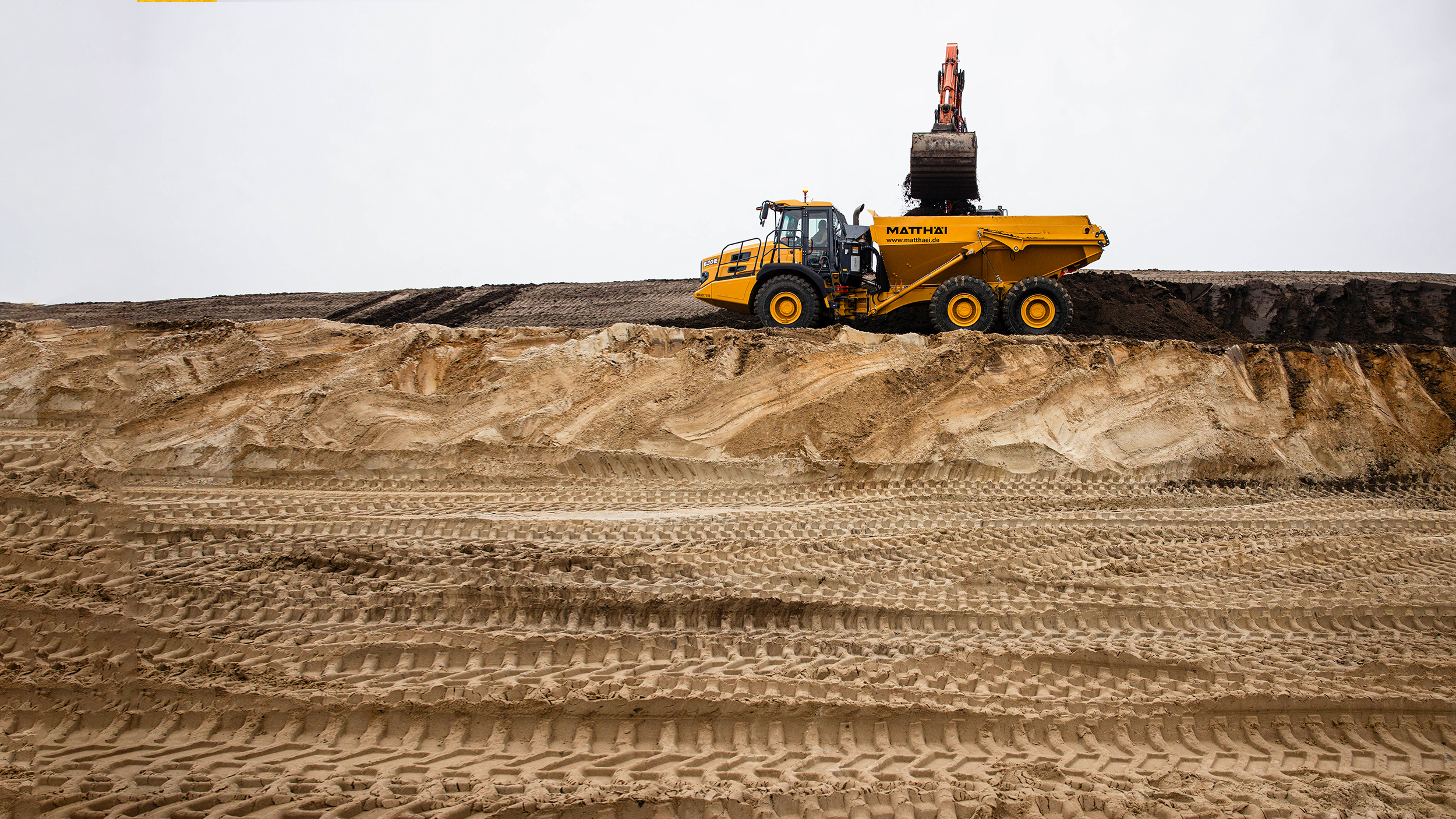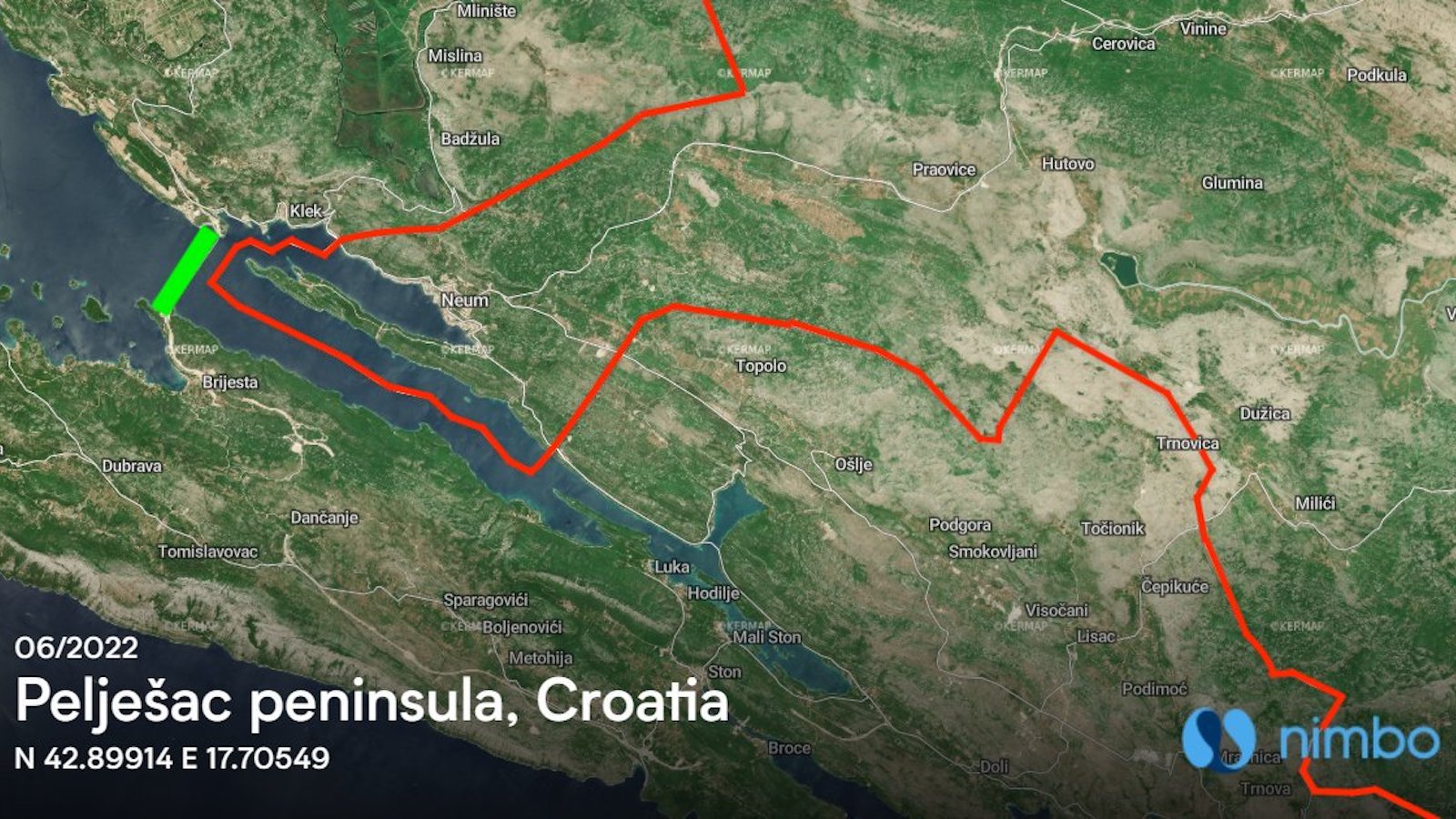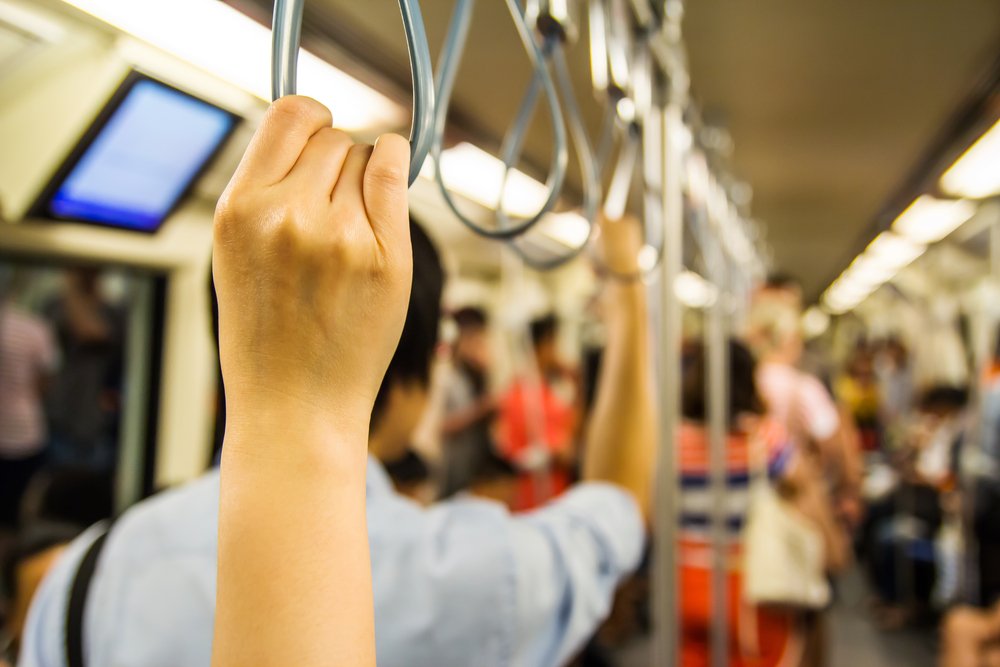Mumbai’s Bridge to the Future

While China has been investing in its urban infrastructure at a frenetic pace, India’s city infrastructure remains well behind its northern neighbor. But a new sea bridge in Mumbai could catapult the country into the big leagues of hypermodern Asian cities.
This week’s opening of the $340 million Sea Link uniting the suburbs of Bandra and Worli is intended to significantly reduce traffic in Mumbai. With an estimated 125,000 cars crossing it everyday, the bridge is expected to ease city’s crippling bottlenecks and, thanks to an automated toll service, generate much-needed revenue.
But the project also brings to light the dire need for a nationwide infrastructure overhaul which Indian bureaucracy has been criticized for delaying.
The Sea Link, for example, was originally commissioned in 2000 but actual construction did not start until 2004 due to community disputes. Similarly, over 11,500 km of new roads have been commissioned in recent years though few of them have been completed due to delayed or insufficent funding.
With plans to expand the Sea Link and construction underway for a suburban metro system, Mumbai could set India on a course toward developing first-world infrastructure.





